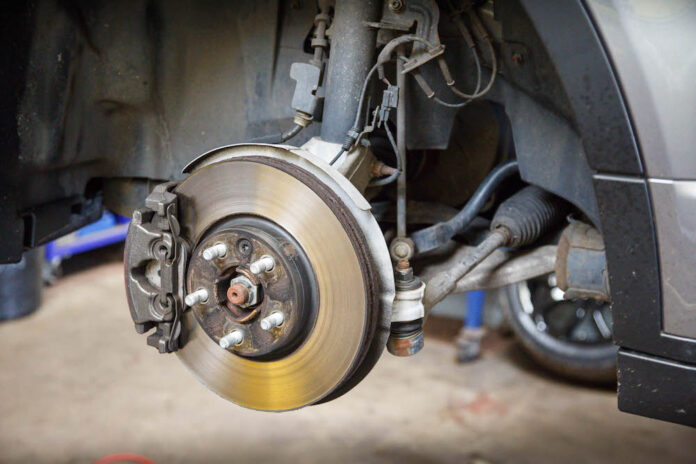Brake calipers have been always so important and an essential part in the braking system. They are settled in such a way that their pads produce friction which in turn makes the car come to a halt of slow down a notch. But due to constant pressing, these calipers get worn out really easily. You know that feeling when you’re driving along, and suddenly your steering wheel starts shaking? Or when you step on the brakes, the pedal feels mushy? Those are both signs that your brake calipers might need to be repaired.
In this article, we will let you in on how to tell if brake caliper is bad and what to feel, as well as observe to know that the brake calipers are damaged and need replacement. So read till the very end to make sure you, too, have noticed any of these signs in your car. Carry on reading!
Factors that cause bad car brake caliper
Most factors that contribute to the damage and wear of the brake calipers are natural or necessary. One major factor contributing to wear and tear is frequent breaking. Every time you press on the pedal brake, the caliper is affected. When you do it frequently, like in the city traffic over time, it’s meant to go bad. The second factor is weather conditions. Every climate has a different car, so it is able to thrive in extreme conditions because of the brakes. The pads of the brakes also play a huge role; if they are made up of high quality, they will sustain longer.
Indications that you need a brake caliper repair
Here are a few signs that it’s time to take your car in for brake caliper repair:
1. You see fluid leaks around your wheels- If you see fluid leaks around your wheels after you’ve driven, this is most likely brake fluid leaking from a faulty seal in the caliper. Over time, this can lead to complete failure of the caliper, so it’s important to have it changed or mended immediately.
2. You hear a loud squealing noise when you brake- This noise is usually caused by a build-up of rust or debris on the caliper piston. When you press the brakes, the piston pushes against the pads, which rubs against the rotor and creates a squealing noise.
3. Your car is going the other side when you brake- This is a sign that one of your brake calipers is sticking and not releasing properly. This can cause uneven wear on your brake pads and rotors and can also lead to premature failure of one of your brakes.
4. The braking pedal becomes soft- If you feel like your pedal brakes are really becoming soft or mushy when you press on it, this could be a sign of air in the brake line or a problem with the master cylinder. However, it could also be a sign that one of your calipers is not releasing properly, which will cause your brakes to drag and create additional wear and tear.
Conclusion
If you notice signs similar to these above given signs, it’s time for you to get your car to a workshop for brake caliper repair. Ignoring these issues can lead to more serious problems down the road, so it’s best to nip them in the bud right away. Have any other questions about your car’s braking system? Feel free to contact us – we’re always happy to help!




